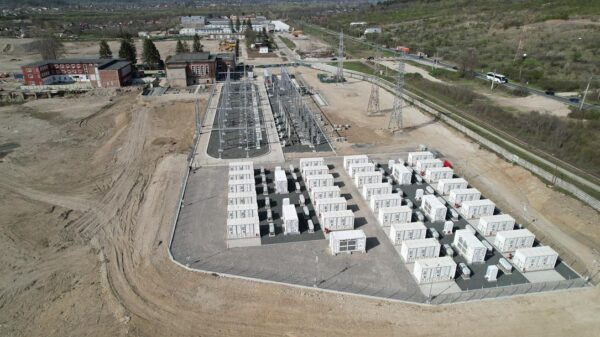British Columbia is moving to limit how much electricity will be available to artificial intelligence data centers and to permanently ban new cryptocurrency mining projects.
The provincial government said on Monday that it would prioritize connections to its power grid for sectors such as mining and natural gas because they generate more jobs and revenue for residents.
The Energy Ministry noted that other regions have struggled to meet electricity demands from emerging industries. In some cases, ratepayers have faced steep price increases. However, this refers to U.S. states like Virginia and Maryland, where a surge in power-hungry AI server farms appears to be driving higher electricity bills.
Energy Minister Adrian Dix said the province is also currently receiving “substantial requests for electricity” from AI and cryptocurrency industries.
The provincial power regulator, BC Hydro will launch a competitive call for projects in early 2026. Over a two-year period, it will allocate 300 megawatts for AI projects and 100 megawatts for data centers.
For comparison, Meta Platforms Inc. (NASDAQ: META) recently announced a new data center in El Paso, Texas, which will be its 25th in the U.S. That facility could ultimately consume about one gigawatt of power on its own. Conversely, industrial users in mining, oil and gas, manufacturing, forestry, and hydrogen production will face no limits on electricity access, the ministry said.
British Columbia’s strategy differs sharply from neighbouring Alberta, which is aggressively courting data center investments. Alberta aims to attract CAD$100 billion in the next five years and highlights its natural gas reserves as a reliable power source. Meanwhile, BC continues to take a cautious approach.
Read more: CleanSpark diversifies operations with new AI data center strategy
Read more: North Korea steals enough money to rank in the top 5 crypto owning countries
British Columbia has been highly skeptical about the value of AI and crypto
The province of British Columbia initially imposed a moratorium on new cryptocurrency mining connections in 2022.
It extended the freeze in 2024 and now intends to make the ban permanent. The government cited the sector’s “high electricity use with limited economic benefit” as the reason.
BC also announced that the North Coast Transmission Line in the province’s north will be exempt from a regulatory certification. This exemption could also reduce development time by up to 18 months. Once completed, the line will simplify the process of connecting large mines and other resource projects to the grid.
In addition, the government will revise interconnection rules so multiple customers can provide financial security to BC Hydro, instead of burdening the first applicant. The province also plans to allow Indigenous groups to pursue partial ownership of infrastructure projects, a model not previously supported under current legislation.
By balancing industrial growth with emerging tech, BC aims to manage electricity demand while maximizing economic benefits. Its measured approach contrasts with other regions rushing to accommodate AI server farms, reflecting a long-term strategy for sustainable development.
.












